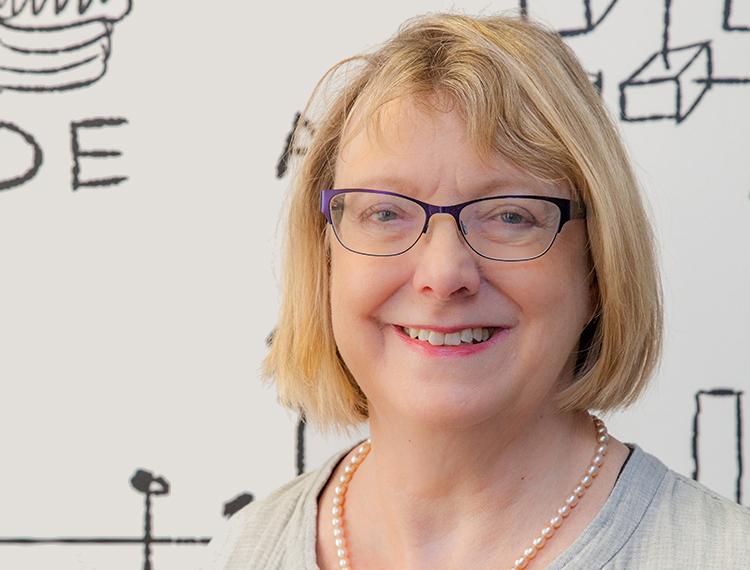How to scale wellbeing support

The Universities UK lead on Wellbeing, Professor Steve West, has suggested that students should declare mental health problems on their application.
Not all students have a mental health problem of course. There are some students who really struggle with mental health issues and they do need hands-on support. There are other students who are very happy and coping well at university. In between are the majority of students, who need some support and help, some of the time. We should be thinking about how to support all students at scale to avoid small issues growing into real problems.
And realistically the only way to do that is to use digital systems. Students are digital-natives and many don’t need, or want, face-to -face support. They do need an accessible digital support system. At UniHealth, we carried out research which revealed 82% of students experience stress and anxiety, almost half (45%) have feelings of depression and, shockingly, 1 in 5 (19%) students have suicidal thoughts. Our survey also showed that nearly a third (28%) of students said they’d prefer to receive advice from a message sent directly to their smartphone.
Many people cannot identify when feeling stressed or anxious tips over into having a mental health problem. If we can reach students before this tipping point and use ‘nudge theory’ to help them make changes to their lives, we could prevent much of the anxiety and stress that students experience.
Nudge theory involves regular messages that break the changes down into small, easy to achieve steps. Phone messages built around the student calendar are ideal to deliver ‘nudges’. The pattern of university life is clear-cut. From preparing to leave home, to coping with fresher’s week, to feeling home sick or dealing with exam pressure. Timely messages can appear on the phone, in the student’s hand, just when they are needed.
Live push messaging programmes delivered by phone can offer tailored, private support. So can apps, of course, or even emails. But these are examples of ‘pull’ information. Live messaging is ‘push’ information. Pull relies on the student finding and using the information: fine when a student is feeling ok, but difficult if they are feeling down or worried. Push allows the student to sign up once and automatically get the information and support they need, when they need it.
And push messaging is much more effective. Teens check their phones 90 times a day, so you can be sure a phone message will be seen! Around 77% of people who download apps never use after the first few days. Phone messages have an open rate almost three times higher than email. Universities often use email to contact students. One student in a focus group told us that he counted the emails he got from his uni in his first two weeks – he got to 104 and stopped counting! No wonder many of those messages were lost.
Live messaging programmes takes the messages to where the students are; on their phones, in their social bubble. Frequent small messages act as ‘nudges’ towards behaviour change, offering support, information and reminders.
By adopting a digital solution, universities are able to reach multiple students with push messages. each message can offer a pull option if they need more information, or signpost students to other forms of help. It could be pages on the universities own website, or links to other reliable sources of help and support.
According to the Higher Education Funding Council of England (HEFCE), it costs a university £33,000 for each student who drops out and the average dropout rate in 8%. Any university that can prevent even one drop out will save money, as well as avoid stress and disappointment for the student.
Daphne Metland, Director, Unihealth
About UniHealth: Unihealth is the UK’s first health and wellbeing mobile messaging programme for university students. Unihealth is on a mission to educate and inspire students using innovative and intelligent tools.
About Daphne Metland: As a Director of Unihealth and a medical journalist with many years experience of designing and writing mobile health messages, Daphne has created behaviour change programmes delivered by mobile phone in China, India, South Africa and Mexico which reach over 7 million people. Daphne believes in a world where university students are empowered to make wise choices about their personal health and wellbeing.











Responses